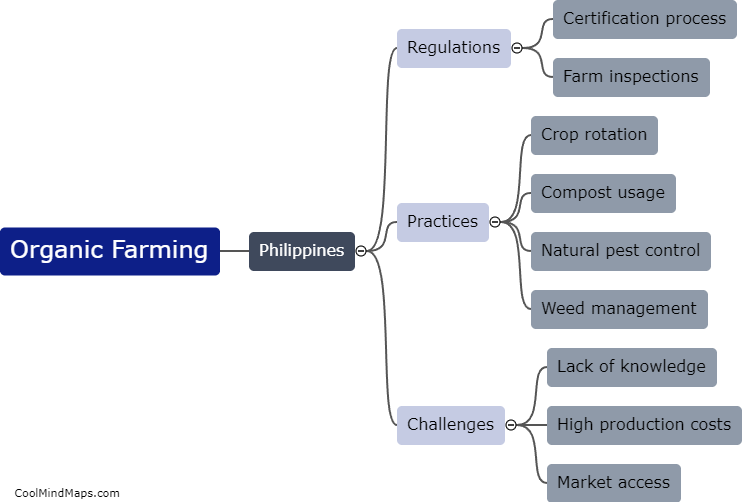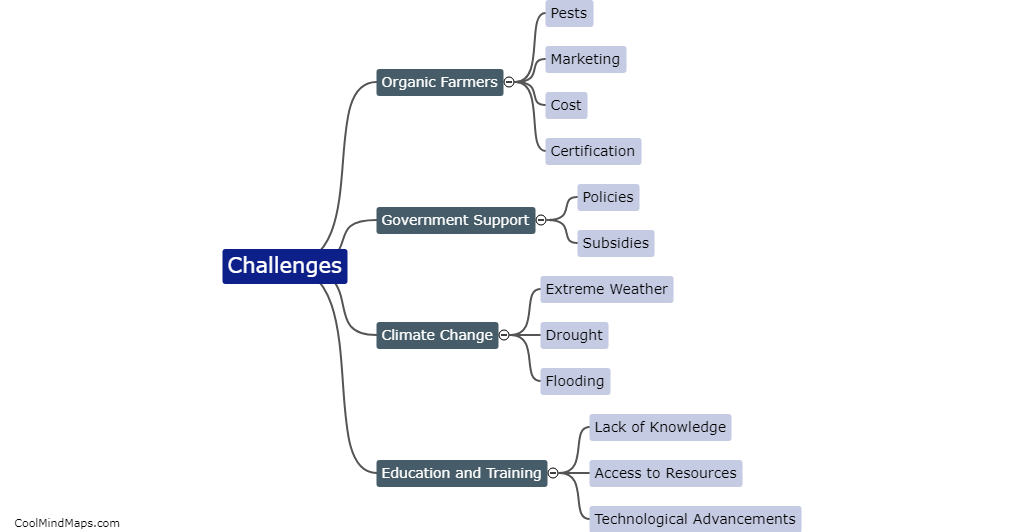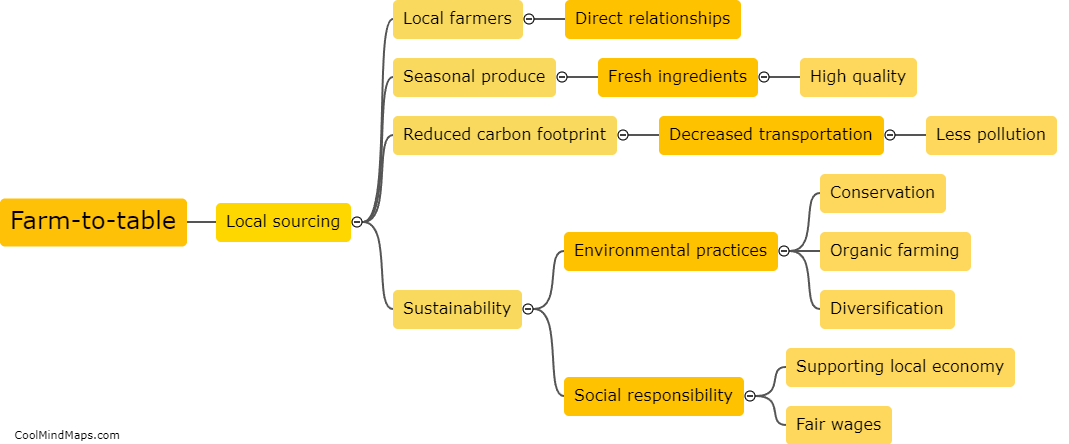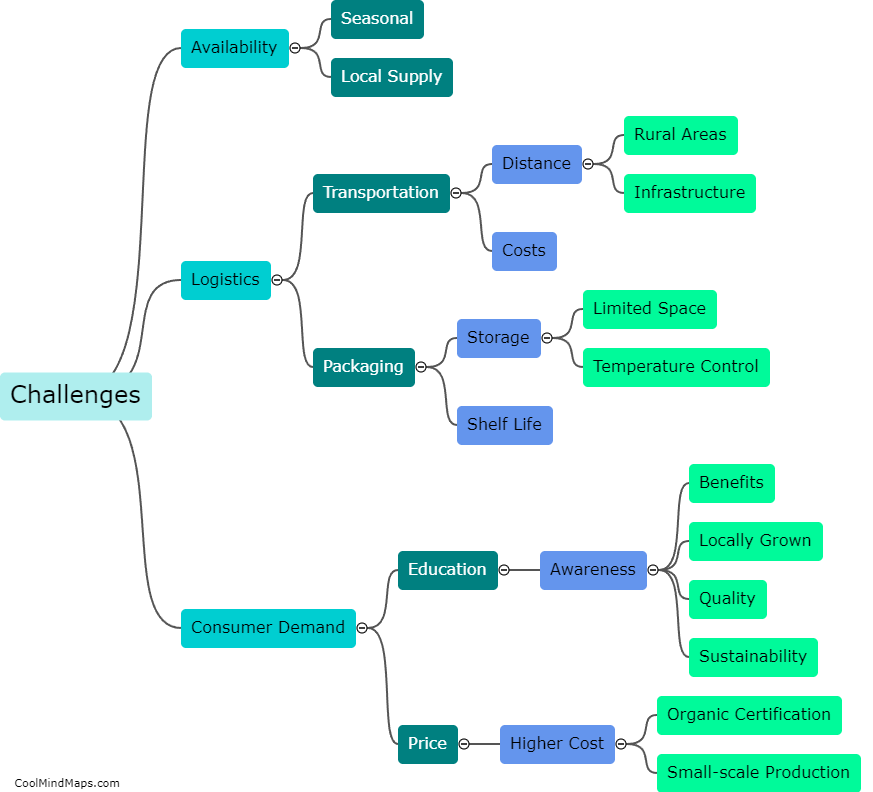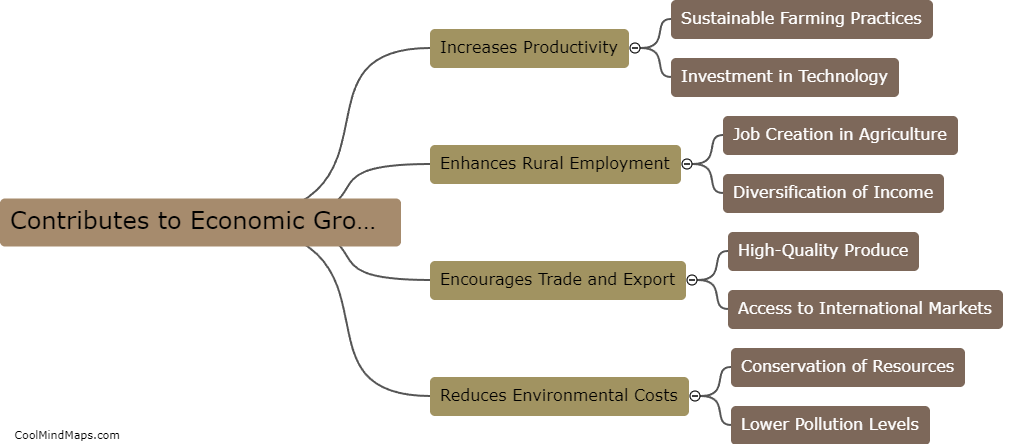How can farm-to-table practices benefit local farmers?
Farm-to-table practices can have significant benefits for local farmers. Firstly, these practices establish a direct relationship between farmers and consumers, eliminating the need for intermediaries and allowing farmers to sell their products at a fair price. This not only ensures that farmers receive a higher profit margin but also helps them gain recognition for their hard work and quality produce. Furthermore, farm-to-table practices promote sustainable agriculture, encouraging farmers to adopt environmentally friendly practices such as organic farming and crop rotation. By reducing the reliance on large-scale industrial farming, local farmers can maintain the health of their soil, preserve biodiversity, and reduce the use of chemical additives. Lastly, farm-to-table practices often involve building partnerships with local restaurants and businesses, creating a reliable market for farmers and ensuring a steady income stream. Overall, these practices provide local farmers with increased economic stability, environmental sustainability, and community support.
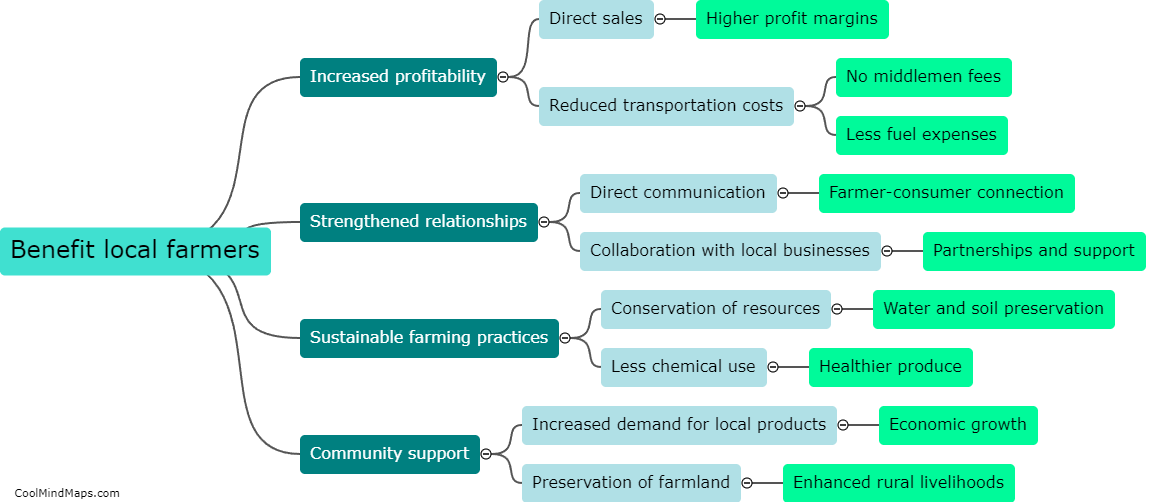
This mind map was published on 2 July 2023 and has been viewed 104 times.






